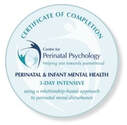|
All children get the silly's sometimes. They act up when you know they can do better. But what about the child who regularly regresses?
We all loose control at times, especially when we are under stress. So first it is best to ensure that your child isn’t suffering one of the 4 s’s. 1. Could they be Sleepy, Starving, Sick or Stressed? Are they sleep-deprived?
Are they starving?
Are they Sick?
Could they be stressed?
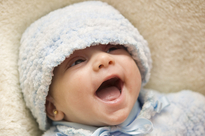 So you have performed a system check and all seems to be in order, but your 6 year old is lying on the floor saying gaga -go goo, and he's not playing, what else could be the problem? 2. New Baby Envy A common reason for regressive behavour is the birth of a new baby. The older child sees the baby getting attention for crying or gooing. Suddenly they want to have a bottle or dummy and cry and whimper when they don't get their own way. This is very common and quite normal. Kids are natural mimics and truth is it was not that long ago they were getting the special treatment.
9. Unbalanced bio-chemisty There are many things that can upset neurotransmitter balance. When our neurochemistry is off, its similar to being tired, stressed or hungry, we just can’t control ourselves. Children are especially vulnerable to toxins, nutrient imbalances, metal overloads or amino acid deficiency because their system is immature. This is a whole other area but worth looking into with an integrative doctor if the problem persists. 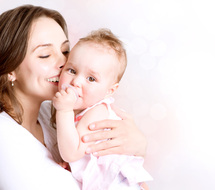 10. Need for more nurturing When all of the possible physical causes are investigated, we need to look into the child’s emotional world. What is going on in there? We will never really know for sure but consider this. Could your child’s baby-like behaviour be expressing an unmet developmental need?Do they just need a little more love and this is the only way they can ask for it? Are you so distracted and busy that they never really feel they have your full attention, your love, you? Is their baby behaviour an innocent bid to meet their needs for nurture and attention? What would happen if you responded to this? Try joining them there and see what happens. Fill them up with them being your little baby again in a playful loving way. Hold them on your lap, swaddle or stroke them and don’t worry they will stay acting like a baby, they can’t. Children have a natural urge toward growth, if they get what they need at each stage they are naturally propelled forward. But if we try to push them to a stage of development before their time because we need them to ‘be big’ then they miss out on the things that are crucial to the earlier stages of life. Posts regarding integrative medicine, human behaviour, psychotherapy, gestalt therapy, bio-chemical disorders; pyrrole, methylation, copper and zinc imbalances, child behaviour, family relationships, parenting.
0 Comments
Leave a Reply. |
AuthorClarissa Mosley Categories
All
Archives
November 2022
|
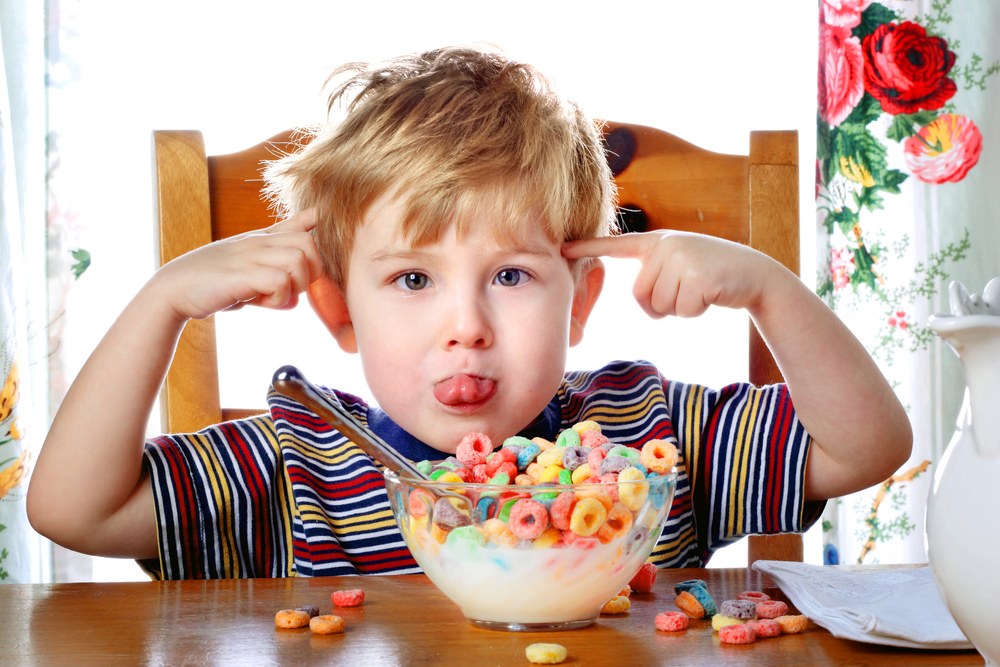
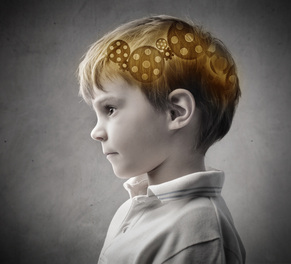
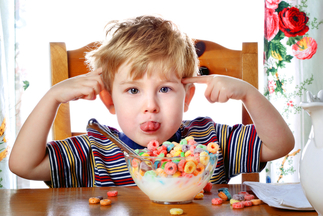
 RSS Feed
RSS Feed

